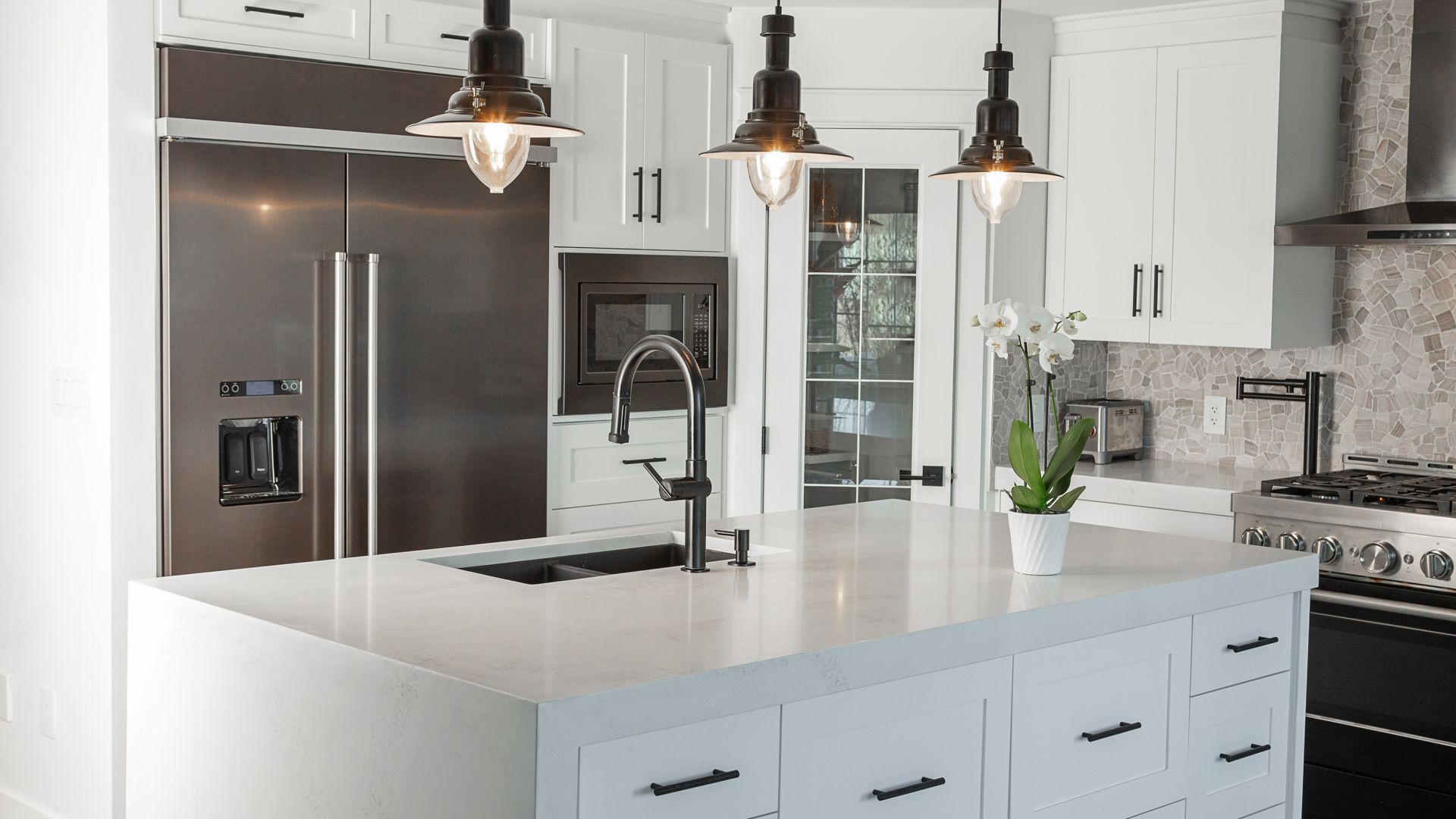Water pressure can be a “silent killer” for your plumbing system. You may not realize it, but the immense and constant pressure of water inside plumbing lines can eventually cause seals and joints to wear out, materials to fatigue, and appliances and fixtures to slowly begin to malfunction. Sometimes this causes small or routine issues that you may not think twice about. Other times the issue can be more serious and result in major damage or complex and expensive repairs. Whatever it may be, if you don’t fix the underlying problem of excessive water pressure, various issues will continue to pop up.
However, many people don’t realize that the problem in their plumbing system is actually a water pressure issue, as the two might seem entirely unrelated. Making the connection can be difficult if you are not experienced or trained in plumbing, so this blog is here to help you recognize when pressure may be at the heart of the problems plaguing your home.
Excessive Plumbing Leaks
Does it seem like you need a plumber on speed dial because of the sheer number of leaks that are developing in your home? Whether the leak is in your faucet, another fixture, or even a pipe inside your walls, the issue isn’t necessarily that your pipes are old and wearing out. While plumbing age does mean more leaks, a lot of leaks are actually caused by problems with water pressure. Think of it sort of like a balloon: the bigger you inflate it, the greater the pressure on the rubber bladder. Eventually, the pressure becomes too great and the balloon pops. Over time, as the rubber begins to harden and decay, the pressure only gets tougher to contain. Eventually, the balloon pops with a loud bang.
Plumbing leaks are essentially the same. While they rarely give way with a sudden burst, excessive pressure does continuously tax and strain your water lines. While materials like copper, cast iron, PVC, or even other modern plastics like PEX are built to withstand this pressure for years or even decades at a time, eventually some part of your system might start to fail. And the higher the pressure in your water lines, the more likely this failure is to occur. So, the next time you have a pesky leak that you need to have fixed, give your plumber a call and ask them to check your water pressure. If your pressure exceeds 80 PSI, then you should strongly consider installing a pressure regulator to try and prevent more of these problems from happening.
Dripping Toilets
Do you have an annoying toilet that drips, trickles, or runs and shuts off every few minutes or so? This is a sign that water is somehow trickling from the tank down into the bowl. There are two ways this happens: either the flush flapper that closes off the tank exit has corroded and started to leak, or your water tank level is too high and water is escaping into the bowl through the overflow tube. If this never seemed to happen before, then there’s a pretty good chance that the culprit is a leaking fill valve—the point where water enters your toilet tank. Fill valves are sort of like a small faucet that turns on when you flush the toilet and then shuts off again when the water in the tank reaches the correct level.
However, if you have a leaking seal or a component of the fill mechanism itself has worn out and cracked, water could start leaking in without anything to stop it. Eventually, the tank overflows and you get that obnoxious trickling sound that you can’t seem to stop no matter how hard you may try.
The primary cause of this issue? You guessed it: water pressure. Many of the components in modern fill valves are built from thin, molded plastic in order to keep costs low. While this works just fine in most situations, plastics do give out when exposed to too much water pressure for too long. And when the water pressure in many homes can exceed 80 PSI or more, it’s easy to see how leaks can form. One thing you can do to try and scale this back is turn down the tap that feeds water into your toilet, but bear in mind that doing so will cause your toilet to fill much slower.
Intense Faucet Flow
One of the benefits of faucets is that most of them give you the ability to adjust water flow based on how far you turn the tap on or off. You can turn it down to a gentle tickle or let it fly with a mighty, gushing force. However, higher water pressure makes this kind of flexibility or precision a lot more difficult. If it seems like your faucets almost always burst on at a high flow rate, then there’s a strong chance that the pressure in your water lines is way too high. This is bad for cartridges and valves and leads to a lot of leaking faucets that can waste water and even damage your home.
If you have a leak problem, make the call to the team at Smith’s Plumbing Services! Dial (901) 290-1110 right away and let our team fix the issue as soon as possible.